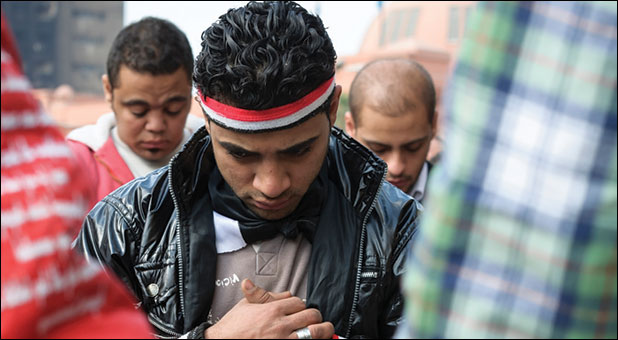How Islamic extremist rule could open doors for Egypt’s church
Though only a third of eligible voters cast ballots, 64 percent of Egyptians approved a new constitution last December that includes provisions against torture and detention without trial, a stronger parliament and a presidential limit of two four-year terms. However, many Christians protested provisions in the document, walking out of the assembly that proposed it after raising concerns that President Mohammed Morsi’s rule would bring more persecution.
Todd Nettleton, director of media development for Voice of the Martyrs, says although many Christians are worried what the future holds, ministry representatives are seeing more Christians reach out amid upheaval, and that such outreach could lead to growth like that seen in Iran, where the ascent of Islamic rulers in 1981 led to the development of one of the world’s fastest-growing churches.
“The people of Egypt are marching and saying, ‘Wait a minute. We didn’t want the Muslim Brotherhood to take over; we don’t want a Sharia country. What’s going on here?’” Nettleton says. “That may lead to some opportunities for the church and some opportunities for the gospel as people see with more clarity the true face of Islam.”
Two years ago, Shaddy Soliman, an Orlando-area pastor, warned about the dangers that would accompany the rise of Islamic extremists in Egypt and now fears they are coming to pass. He says the greatest conflict in Egypt today is between fundamentalist Muslims and those who advocate democracy.
“You see the Muslim Brotherhood and others who are assassinating other Muslim leaders who are good Egyptians and are looking for human rights,” Soliman says. “Now we are seeing the fulfillment of prophecy [Is. 19:2], where Muslims are turning on Muslims.”















































